Perspectives
Recent articles
Expert opinions on trends and controversies in neuroscience
Building the future of neuroscience at HBCUs
Black In Neuro is launching a new program to help historically Black colleges and universities advance neuroscience research and education, focusing on cross-institutional collaboration, joint curriculum development and improved mentoring initiatives.
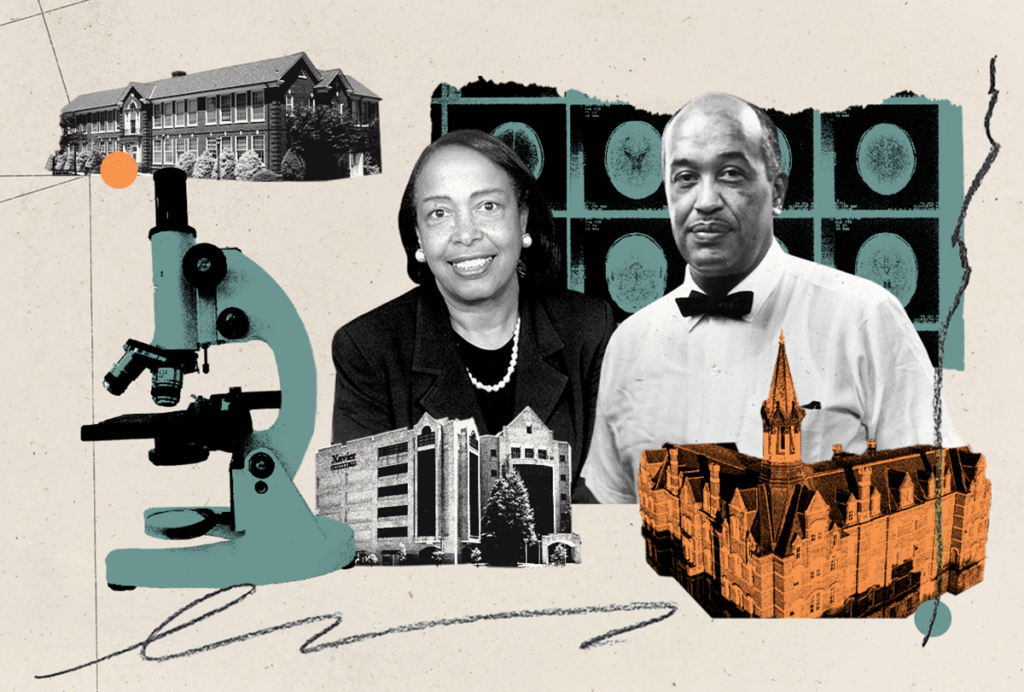
Building the future of neuroscience at HBCUs
Black In Neuro is launching a new program to help historically Black colleges and universities advance neuroscience research and education, focusing on cross-institutional collaboration, joint curriculum development and improved mentoring initiatives.
Emotion research has a communication conundrum
In 2025, the words we use to describe emotions matter, but their definitions are controversial. Here, I unpack the different positions in this space and the rationales behind them—and I invite 13 experts to chime in.
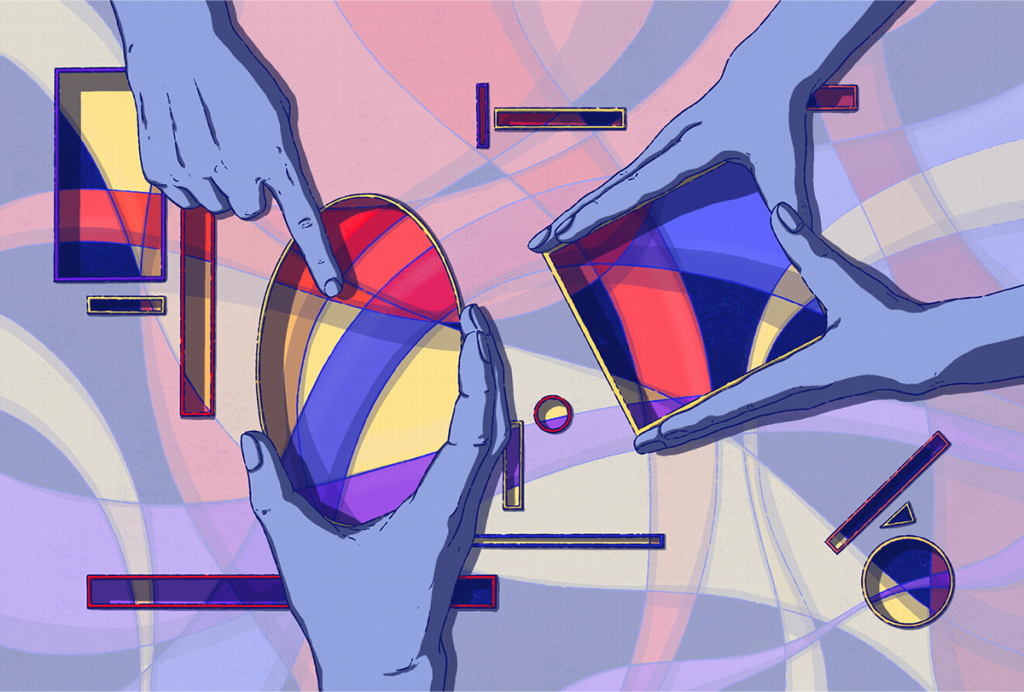
Emotion research has a communication conundrum
In 2025, the words we use to describe emotions matter, but their definitions are controversial. Here, I unpack the different positions in this space and the rationales behind them—and I invite 13 experts to chime in.
From bench to bot: Why AI-powered writing may not deliver on its promise
Efficiency isn’t everything. The cognitive work of struggling with prose may be a crucial part of what drives scientific progress.

From bench to bot: Why AI-powered writing may not deliver on its promise
Efficiency isn’t everything. The cognitive work of struggling with prose may be a crucial part of what drives scientific progress.
Bringing neuroscience to rural Mexico: In conversation with Mónica López-Hidalgo
By offering education and translating scientific terms into Indigenous languages, López-Hidalgo’s outreach program, Neurociencias Para Todos, provides schoolteachers with tools to bring neuroscience to their communities.
Bringing neuroscience to rural Mexico: In conversation with Mónica López-Hidalgo
By offering education and translating scientific terms into Indigenous languages, López-Hidalgo’s outreach program, Neurociencias Para Todos, provides schoolteachers with tools to bring neuroscience to their communities.
Llevando la neurociencia al México rural: En conversación Mónica López-Hidalgo
A través de la educación y traducción de términos científicos en lenguas indígenas, el programa Neurociencias Para Todos provee de herramientas a maestros para llevar la neurociencia a sus comunidades.
Llevando la neurociencia al México rural: En conversación Mónica López-Hidalgo
A través de la educación y traducción de términos científicos en lenguas indígenas, el programa Neurociencias Para Todos provee de herramientas a maestros para llevar la neurociencia a sus comunidades.
Should neuroscientists ‘vibe code’?
Researchers are developing software entirely through natural language conversations with advanced large language models. The trend is transforming how research gets done—but it also presents new challenges for evaluating the outcomes.
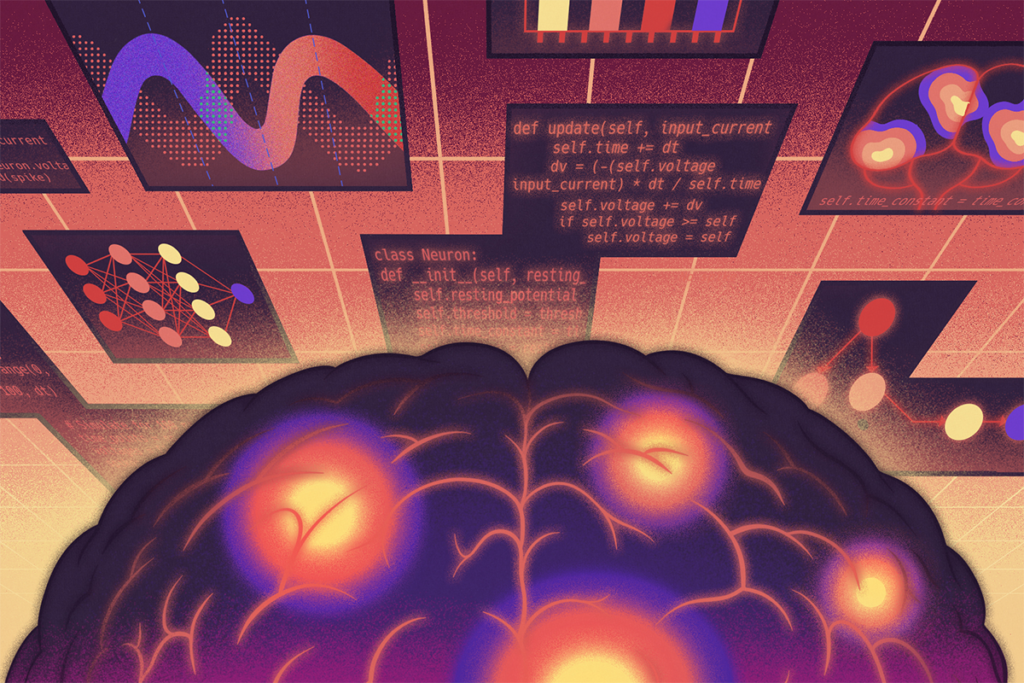
Should neuroscientists ‘vibe code’?
Researchers are developing software entirely through natural language conversations with advanced large language models. The trend is transforming how research gets done—but it also presents new challenges for evaluating the outcomes.
Why hype for autism stem cell therapies continues despite dead ends
After numerous tests, there is still no evidence that these experimental treatments help, so now is not the time to expand access to them.
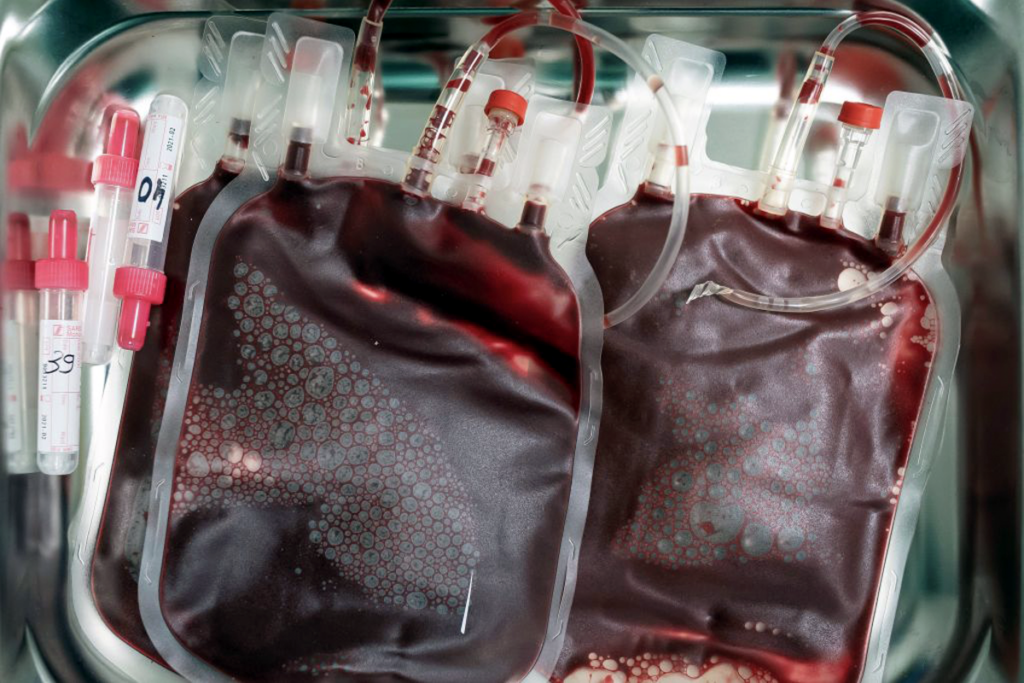
Why hype for autism stem cell therapies continues despite dead ends
After numerous tests, there is still no evidence that these experimental treatments help, so now is not the time to expand access to them.
Deleting data or stopping its collection will erase years of valuable brain research
An explosion in open-neuroscience datasets has created a new generation of researchers with expertise in data science. But new federal restrictions in the United States put their research programs in jeopardy.

Deleting data or stopping its collection will erase years of valuable brain research
An explosion in open-neuroscience datasets has created a new generation of researchers with expertise in data science. But new federal restrictions in the United States put their research programs in jeopardy.
This paper changed my life: Abigail Person on birdsong, feed-forward circuits and convergent computations
By isolating specific neuron types involved in zebra finch birdsong, this 2002 Nature paper from Michael Fee and colleagues revealed elegant neural mechanisms controlling the timing of natural learned behavior.
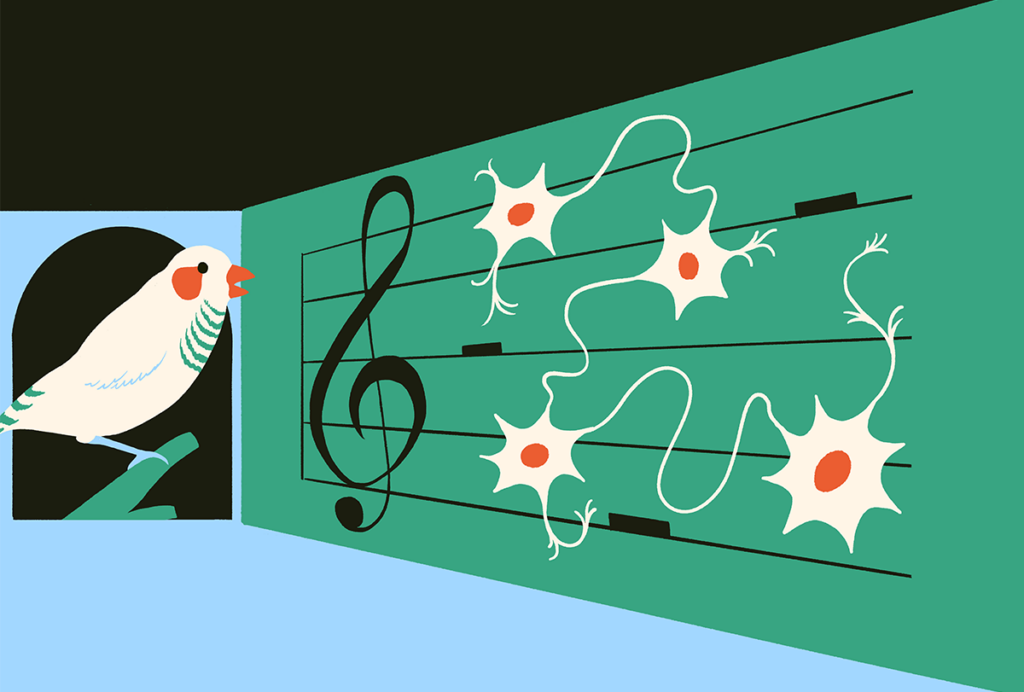
This paper changed my life: Abigail Person on birdsong, feed-forward circuits and convergent computations
By isolating specific neuron types involved in zebra finch birdsong, this 2002 Nature paper from Michael Fee and colleagues revealed elegant neural mechanisms controlling the timing of natural learned behavior.
The challenge of defining a neural population
Our current approach is largely arbitrary. We need new methods for grouping cells, ideally by their dynamics.
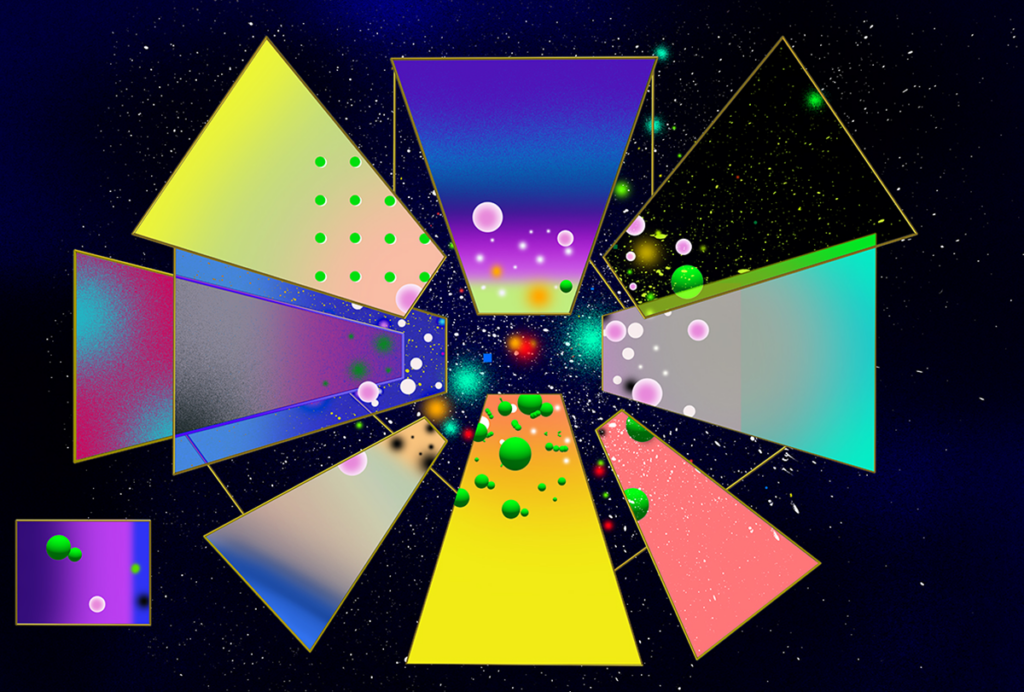
The challenge of defining a neural population
Our current approach is largely arbitrary. We need new methods for grouping cells, ideally by their dynamics.
Explore more from The Transmitter
Oxytocin shapes both mouse mom and pup behavior
Distressed pups emit distinct cries for help, which depend on oxytocin neurons in their hypothalamus.
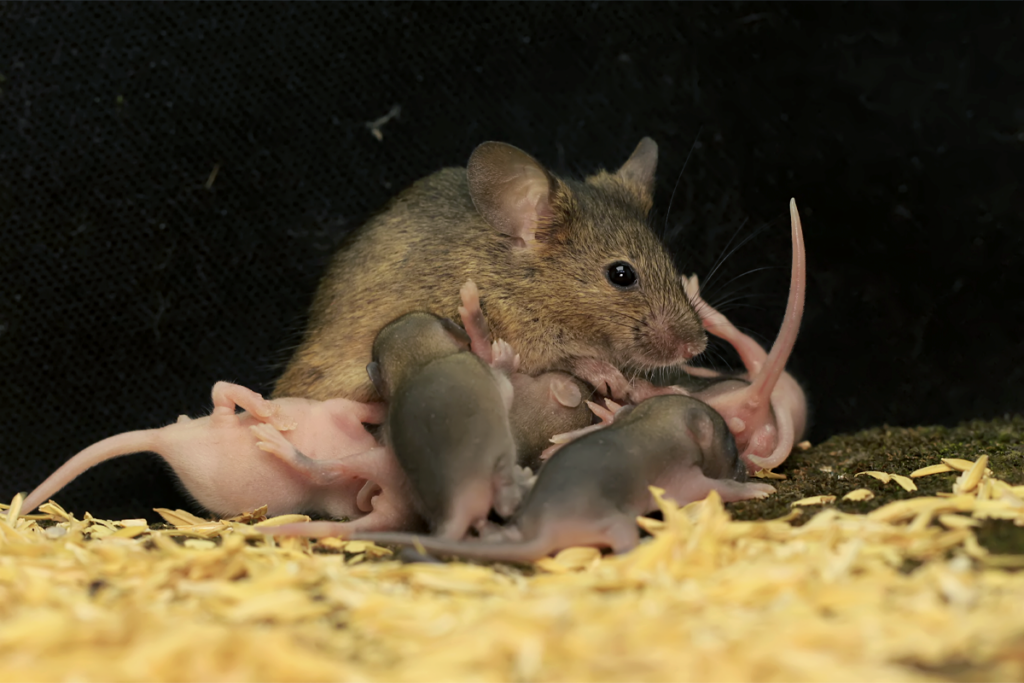
Oxytocin shapes both mouse mom and pup behavior
Distressed pups emit distinct cries for help, which depend on oxytocin neurons in their hypothalamus.
Sensory gatekeeper drives seizures, autism-like behaviors in mouse model
The new work, in mice missing the autism-linked gene CNTNAP2, suggests a mechanism to help explain the overlap between epilepsy and autism.
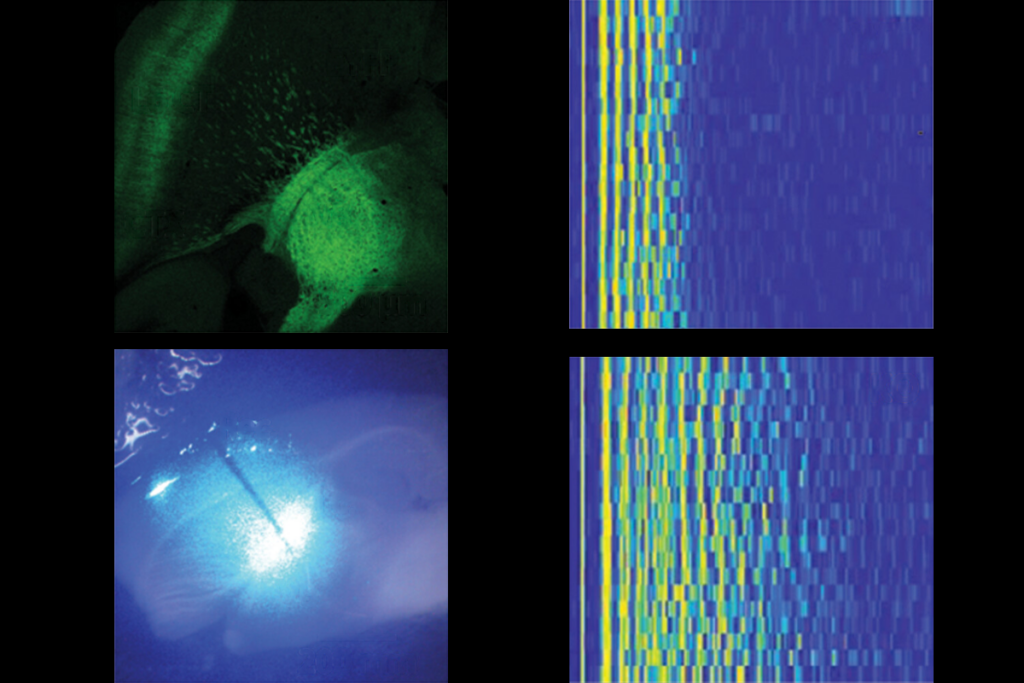
Sensory gatekeeper drives seizures, autism-like behaviors in mouse model
The new work, in mice missing the autism-linked gene CNTNAP2, suggests a mechanism to help explain the overlap between epilepsy and autism.
Michael Breakspear and Mac Shine explain how brain processing changes across neural population scales
Breakspear and Shine find a scale-free property of brain activity that is conserved across diverse species, suggesting that a universal principle of brain activity underlies cognition.
Michael Breakspear and Mac Shine explain how brain processing changes across neural population scales
Breakspear and Shine find a scale-free property of brain activity that is conserved across diverse species, suggesting that a universal principle of brain activity underlies cognition.